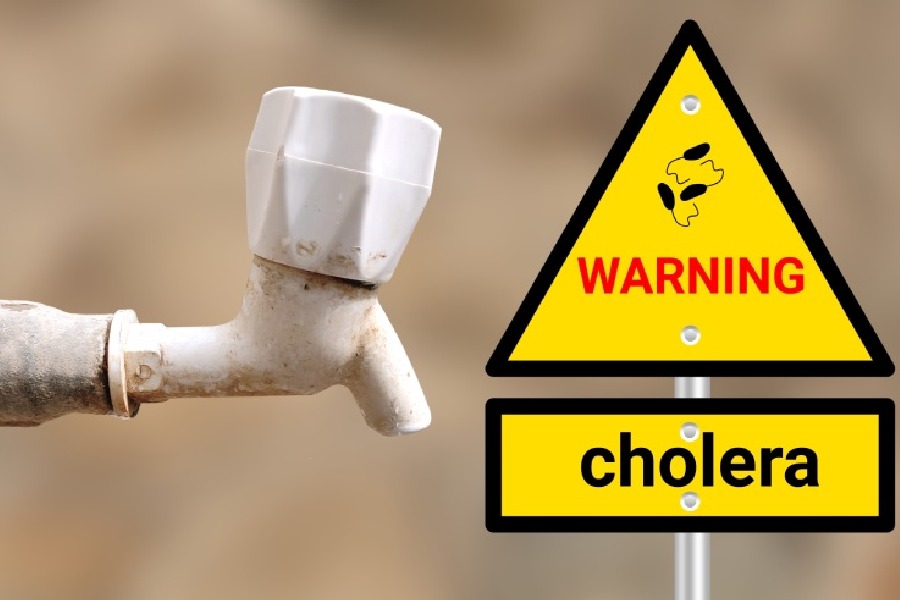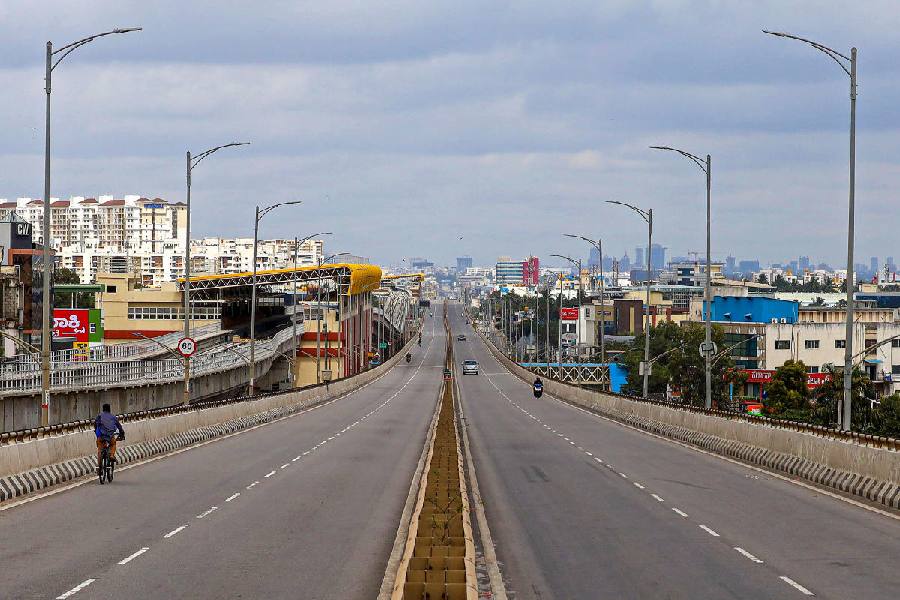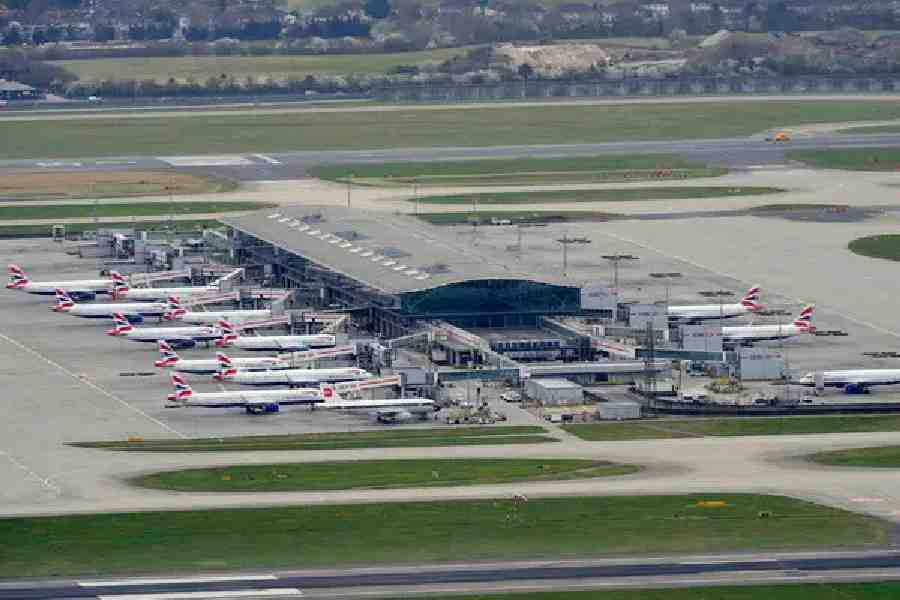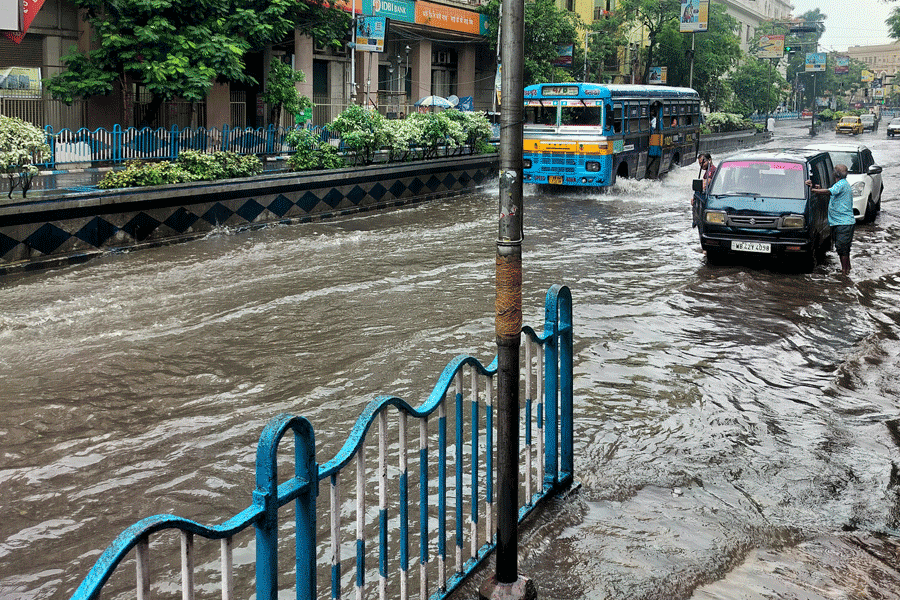A 26-year-old youth from Picnic Garden has tested positive for cholera, officials of the Kolkata Municipal Corporation (KMC) said on Tuesday.
A team from the civic body collected water samples from the flat where the youth, Afroze Ahmed Khan, lives. The team also collected water samples from the source of potable water in the apartment.
“Khan was admitted to a hospital on Thursday with complain of repeated vomiting and passing loose stool,” said a KMC official.
Till Monday evening, however, there was no report of more cases being reported from the area, said civic body officials.
An official at Apollo Multispecialty Hospital, where Khan is under treatment, said he was doing well. “His condition is improving,” said the hospital official.
Sources in the KMC said about seven or eight cases of cholera are reported across the city almost every month and the numbers go up during the monsoon.
“Cholera is not uncommon. Whenever it is reported, we send our teams and test water samples. The water supply and drainage departments of the KMC also run a check of the underground lines to determine whether there is any leak which can be the possible cause,” said the KMC official.
Chandramouli Bhattacharya, an infectious diseases specialist at Peerless Hospital, said cholera cases were not rare.
“The faecal contamination of drinking water is the cause of cholera. If there is a leak in the sewer line and the potable water line in a city, it can lead to drinking water contamination,” he said.
Bhattacharya added a Biofire gastrointestinal investigation may detect cholera in adults with diarrhoea.
Khan’s family told the KMC team that visited his home that he had no recent travel history. He consumes home cooked meal, uses a water purifier at home and also uses piped water supplied by the KMC for other purposes, the family said.
“After a case of cholera is reported, we also ask the water supply department to see if they need to increase the dose of chlorination in potable water,” said the KMC official.
The website of the World Health Organisation (WHO) says that cholera is a “severe diarrhoeal disease that can be fatal within hours if not treated”.
The website adds that “preventing and controlling cholera involves a combination of strengthening surveillance, improving water, sanitation and hygiene, increasing risk communication and community engagement, improving access to quality treatment and implementing oral cholera vaccine campaigns”.











